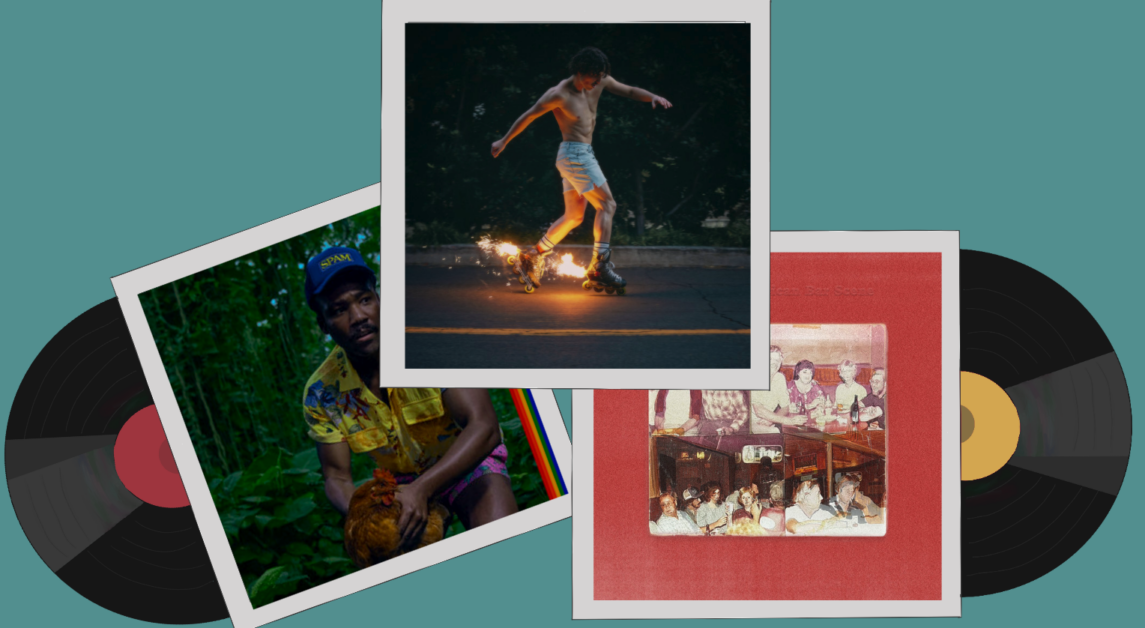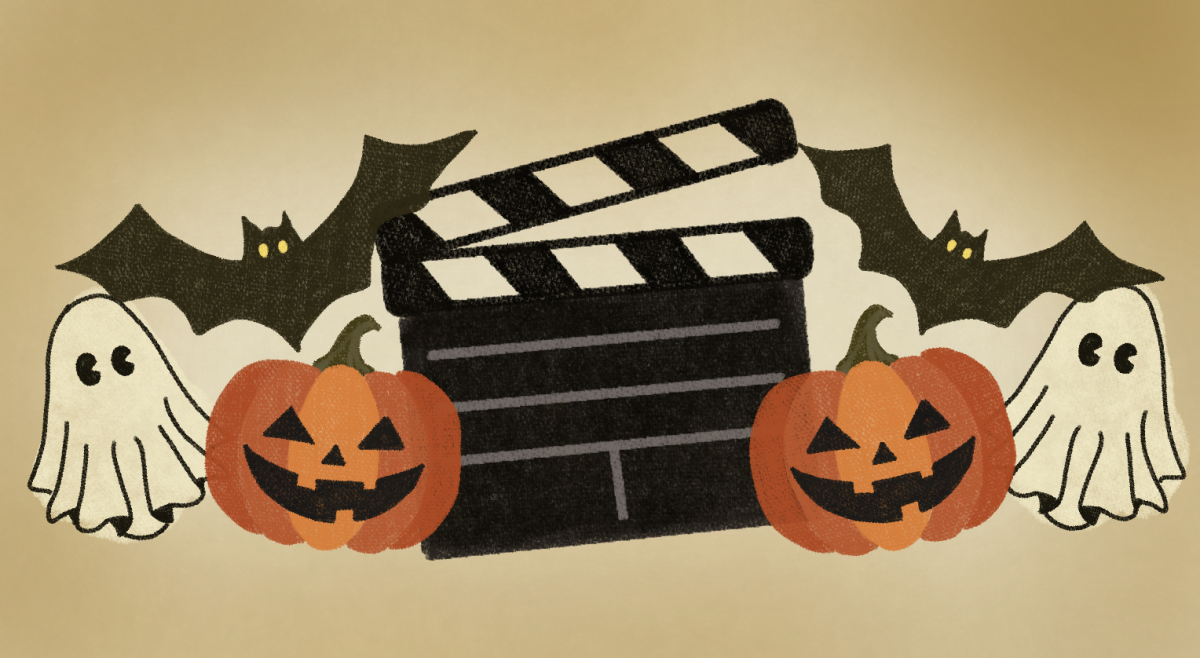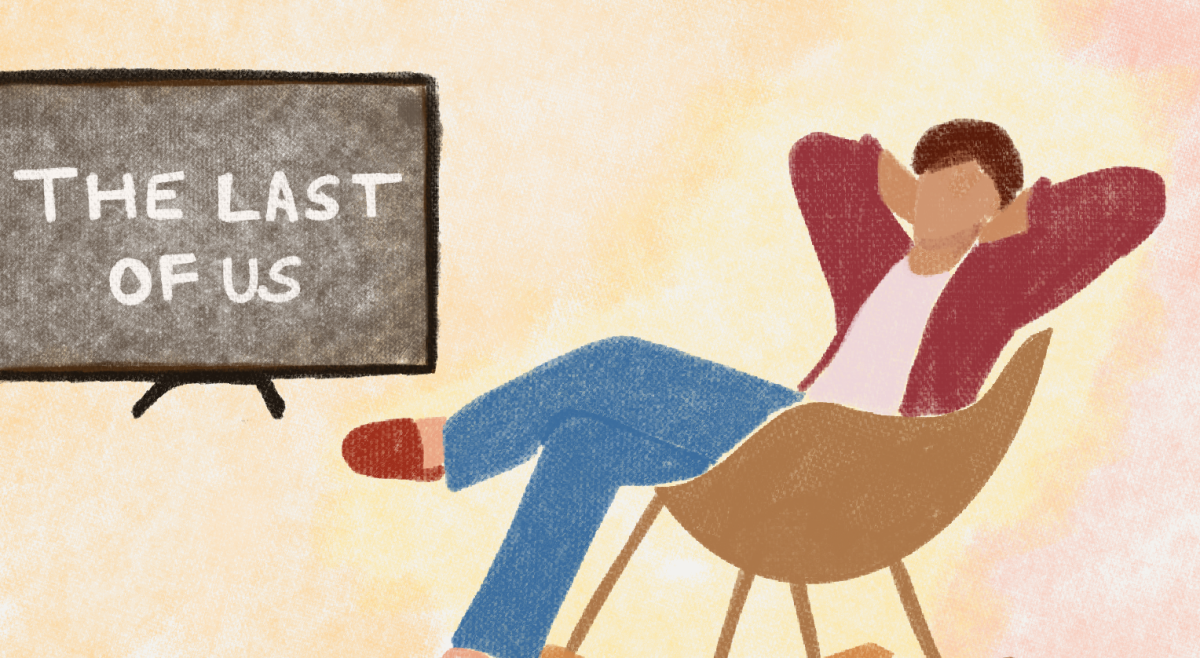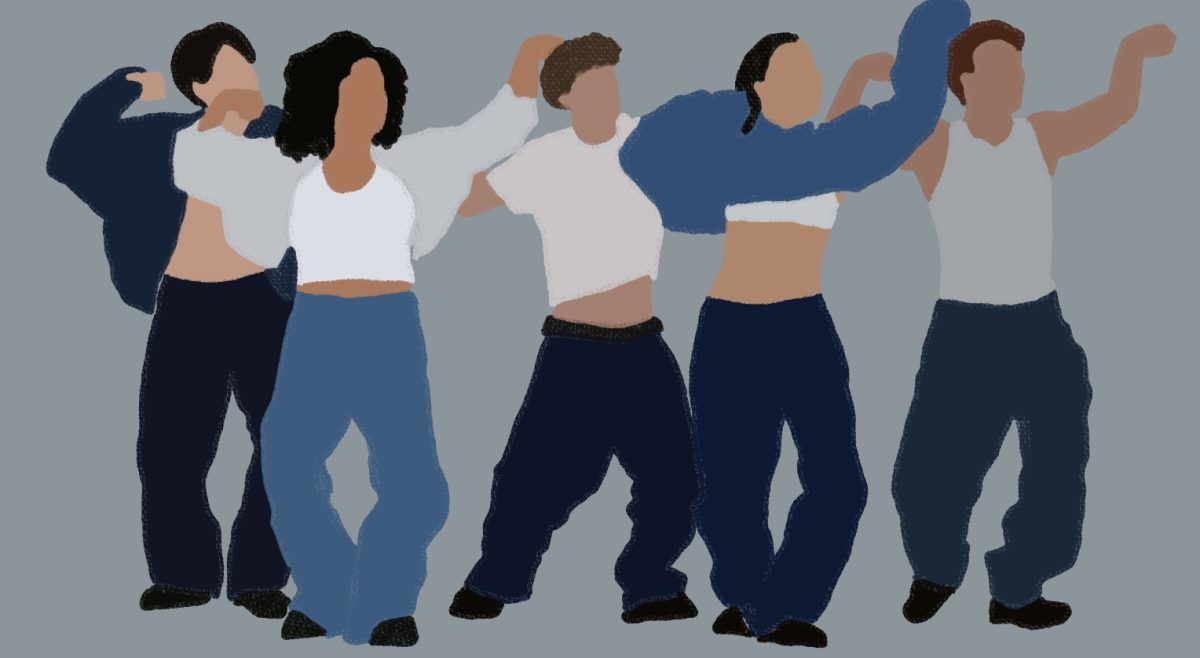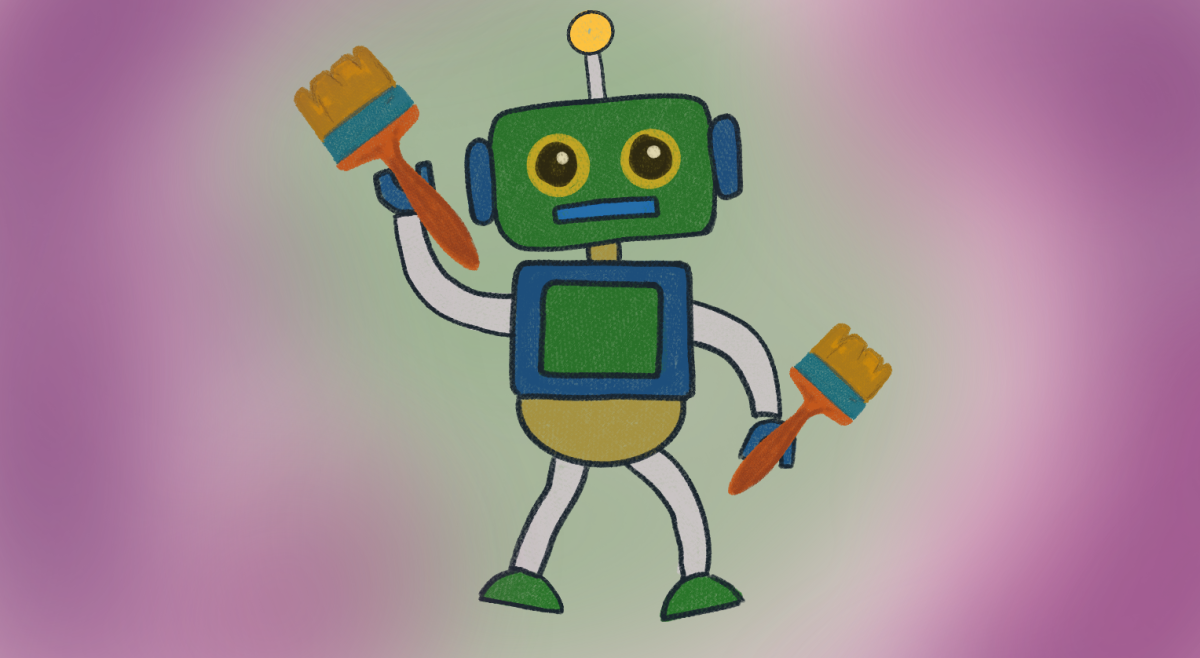Summer 2024 was one to remember, both musically and globally. College students took some time off from homework, caught up with friends, and relaxed for once. On a grander scale, Olympic fever took over our feeds, the country started gearing up for another presidential showdown, and Ben Affleck and Jennifer Lopez separated yet again—who’s surprised? When looking back on ‘Brat Summer’—whatever you think that means—there are a handful of albums we’ll always associate with these moments. The Heights’ arts editors have picked out a few that deserve recognition.
The Great American Bar Scene by Zach Bryan
This summer, Zach Bryan had even the most dedicated country music haters hooked on his soulful voice and heart-wrenching lyrics. Whether you spent the summer working, vacationing, or confused about your campus situationship, there’s a song on The Great American Bar Scene that will seem to speak directly to you.
Part of Bryan’s appeal, and what makes his music relatable, lies in his storytelling style.
The album, his fifth full release, begins with a short spoken-word track called “Lucky Enough (Poem).” It’s both his own deeply personal narrative and the story of anyone who longs for a fulfilling life—or just a memorable summer.
His lyrics cross both emotional and geographic divides in a way that most popular country music does not. The first track contains references to everywhere from the Carolinas to Chicago, while in “28,” the album’s most popular track, he sings of finding love in Boston and Brooklyn.
The album also draws inspiration from a variety of genre artists from different generations, including features from John Mayer, Bruce Springsteen, and more. “Memphis; The Blues” features Oklahoma folk singer John Moreland, whose voice lends a grunge tone to the otherwise spiritual lyrics.
The Great American Bar Scene isn’t the soundtrack to a perfect summer, but it’s exactly what summer should be: messy, nostalgic, and a little sweet.
Fireworks & Rollerblades by Benson Boone
Benson Boone has taken the pop music scene by storm in the past few months after his breakout hit “Beautiful Things” gained massive popularity across social media and radio. Since its release, “Beautiful Things” has amassed over one billion Spotify streams despite being only a taste of what Fireworks & Rollerblades has to offer.
Boone’s first studio album truly gives the artist a chance to showcase his vocal talent. He rarely stays in one vocal register within a song, often jumping from his pronounced lower tones to a much higher pitch that Boone hits with ease.
It would be logical to think that Boone’s songs would be difficult to perform live given their vocal complexity, but he’s been on tour through the United States and Europe since the album’s release with near-flawless performances. Boone’s stage presence is also unmatched, as he’s earned attention for his ability to flip and still keep his voice steady.
The songs on Fireworks & Rollerblades sound distinctly like Boone, but their production gives an individuality to each song. The distinct pace and register changes in “Slow It Down” are impressive and reignite the song’s intensity for the last chorus, while some of the sound effects on “Drunk In My Mind” give the impression of confusion and fogginess.
Each song on Fireworks & Rollerblades has something unique to offer listeners that feels just like the summer of 2024.
Bando Stone & the New World by Childish Gambino
Multi-talented Donald Glover says goodbye to his singer persona, Childish Gambino, with his sixth studio album, Bando Stone & the New World. The album dives into an apocalyptic world, but not without Gambino’s dark humor, wit, and subtle sentimentality.
The album opens with an adrenaline-inducing track titled “H3@RT$ W3RE M3@NT T0 F7¥.”
“Are we gonna die?” a child’s voice asks, to which Gambino replies, “Not tonight,” establishing the album’s back-and-forth pessimism and hopeful nature.
This is not only Glover’s last album as Childish Gambino, but also the soundtrack to his upcoming film of the same name which will follow a famous musician who finds himself in a dystopian world void of humans, except for a woman and her child.
This synopsis is corroborated by Gambino’s use of electric and almost sci-fi melodies, sounds of nature and unknown creatures, and accelerated vocals that create the need for movement.
In each track, Gambino plays with the listeners by rapping light-hearted and often vulgar lyrics, followed immediately by carved-out lyrics sung in soothing vocals. The album, therefore, makes for the perfect summer soundtrack for those who bounce around wanting to make absent-minded choices and then regret them later.
“I did my job / I paid my dues / Love is for fools / ‘Cause nobody gives a f–k,” Gambino sings in “Lithonia,” one of the slower tracks of the album, hinting at the artist’s careless persona as a facade.
The album is about survival.
“It’s a jungle, you ain’t ever safe,” Gambino sings in “A Place Where Love Goes.” “All my life / I had to try to survive / But it is all right now / We found a place / A place where love goes,” suggesting he’s found a way to live in this hectic world.
In this thematic final album, Gambino reveals his inner battle: should he deal with the world’s problems by running away from them (within the context of his film and metaphorically, in real life) and focusing on having fun? Or should he try to make meaning out of his life experiences?
These questions are explored through an upbeat, playful, and overall, experimental style.

